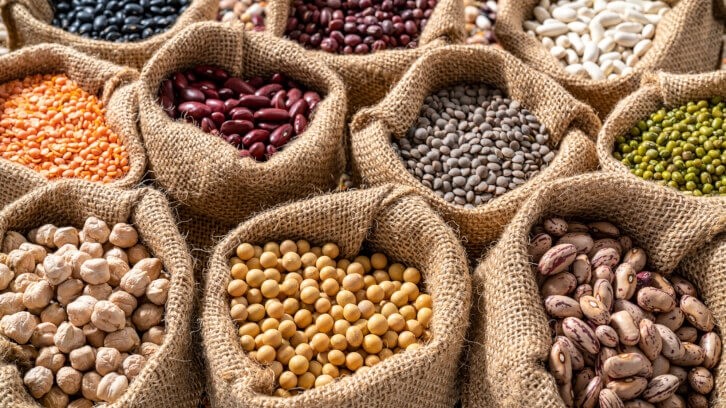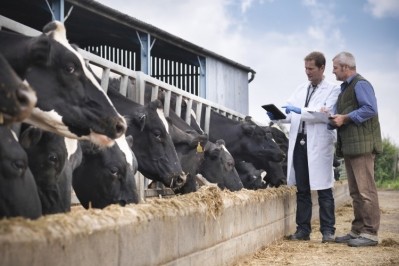USDA announces partnerships to improve food access nationwide, globally

USDA’s partnership with the Reinvestment Fund will help 75 organizations improve local food financing programs and boost access to healthy foods across the country, while benefitting producers as part of the Biden Administration’s America Rescue Plan, according to a press release issued by USDA.
Reinvestment Fund, a non-profit organization, provides financial and analytical tools for its partnerships, including city governments, neighborhood organizations, banking institutions and national foundations, to improve the food landscape in low-income communities.
Through the funding, 16 public-private partnerships will receive $40.3m in grants to expand access to healthy and affordable foods under the Healthy Financing Initiative (HFFI) Local & Regional Healthy Food Financing Partnerships Program (and was authorized by the 2014 Farm Bill).
The partnerships will establish or increase food financing programs and nutrition access in Alabama, Alaska, Arkansas, California, Georgia, Hawaii, Illinois, Kansas, Louisiana, Maine, Michigan, Mississippi, Missouri, Montana, New Mexico, North Carolina, Oregon, Tennessee, Washington, West Virginia and Washington, D.C.
“HFFI is designed to support new and expanded markets for a diversity of growers while helping people access healthy foods,” USDA shared in a statement.
“No matter where you live across America, you should be able to get affordable, fresh and healthy food. President Biden and USDA are working to strengthen local and regional food systems so affordable locally grown foods are available closer to home. USDA is proud to partner with Reinvestment Fund so even more people can find good food options anywhere they live, all while supporting local farmers and ranchers,” shared USDA Deputy Secretary Torres Small in a statement.
More details around each partnership can be viewed here.
USDA, USAID to provide $1bn for emergency food assistance worldwide
The $1bn in Commodity Credit Corporation funding will go towards purchasing, shipping and distributing US-grown, surplus food to communities in need, according to a recent statement. USDA will purchase the commodities and transfer to USAID for allocation.
USDA Secretary Tom Vilsack shared in a statement that the “US agricultural sector is well positioned to provide lifesaving food assistance,” adding that the “US produces more commodities than are consumers and, therefore, has the opportunity to partner with USAID and extend this food to those in our global community who are struggling.”
Approximately $950m will help purchase, ship and distribute US commodities that align with USAID’s conventional international food assistance programming, which includes wheat, rice, sorghum, lentils, chickpeas, dry peas, vegetable oil, cornmeal, navy beans, pinto beans and kidney beans. USAID will distribute to areas “most appropriate for programming without disrupting local markets.”
In a separate pilot project, up to $50m will be allocated towards US commodities “that have not traditionally been part of international food assistance programming, but that are shelf stable and suitable for use in feeding food-insecure populations,” USDA stated.
While details of the limited pilot project have not yet been released, USAID announced its collaboration with humanitarian organizations to develop the program. For the initial round of support, USAID selected 18 countries, including Bangladesh, Burkina Faso, Burundi, Chad, Democratic Republic of Congo, Djibouti, Ethiopia, Haiti, Kenya, Madagascar, Mali, Nigeria, Rwanda, South Sudan, Sudan, Tanzania, Uganda and Yemen.
According to the Global Report on Food Crises and the United Nations Food and Agriculture Organization, roughly 205m people worldwide need life-saving food assistance, and 768m people live under chronic hunger.
“These commodities will be used to provide emergency food assistance to people facing dire food insecurity. This effort is vital to the Biden-Harris Administration’s continued push to address emergency food needs around the world, injecting additional food assistance into the 18 countries listed above and thereby freeing up resources to address emerging crises worldwide when needed,” USDA shared.
















